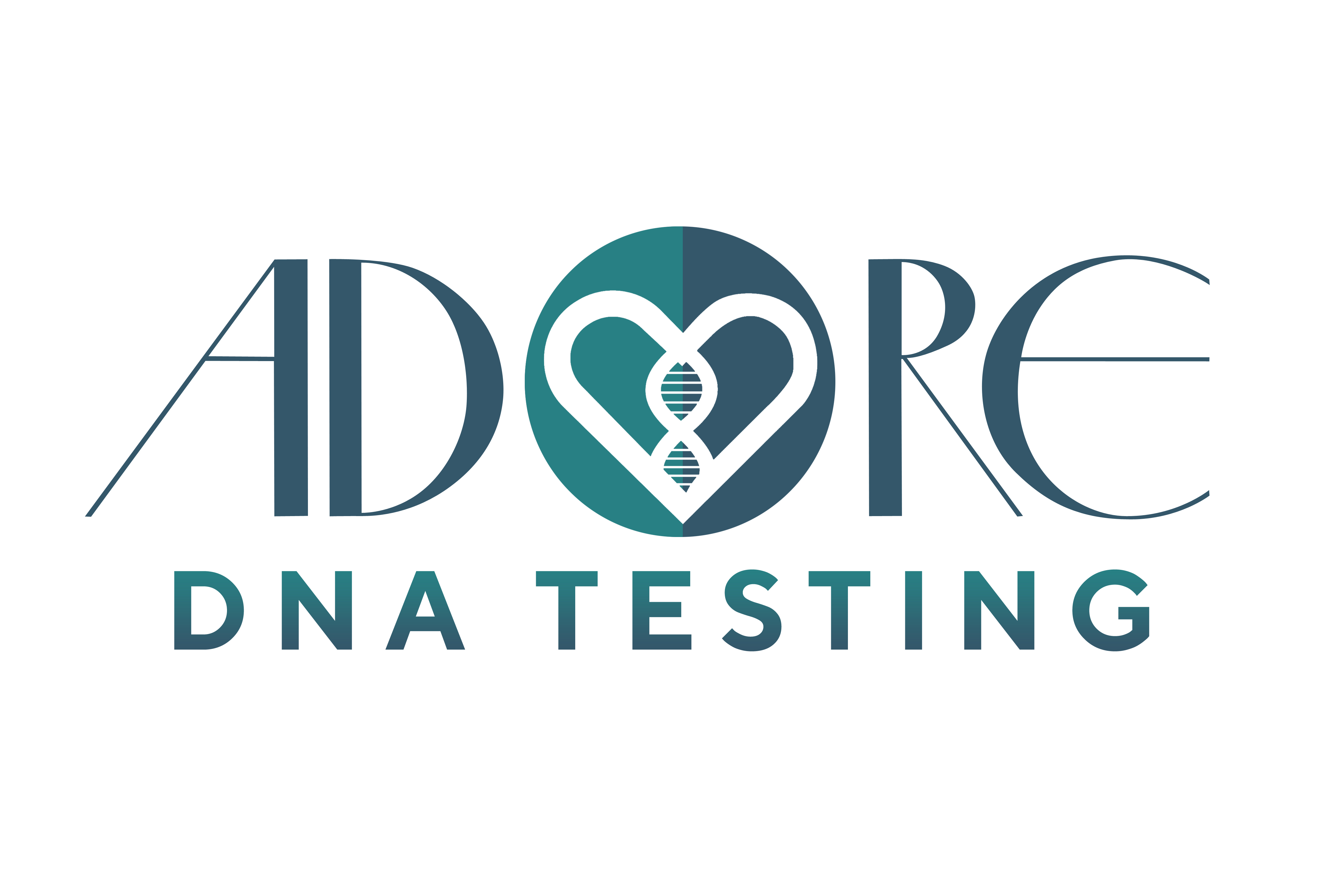Decoding DNA: Understanding the Science Behind Relationship Testing
- adoredna1
- Apr 14, 2025
- 4 min read

You've likely encountered the buzz around DNA testing, from uncovering distant relatives to exploring health predispositions. But when it comes to matters of family relationships, particularly legal parentage, the science, and its application, take on a different level of significance. At Adore DNA Testing, our focus is on providing clarity and legally defensible truth through precise relationship testing. Let's demystify the fundamental science that underpins this crucial process.
Beyond Entertainment: The Foundational Science of DNA
While recreational DNA tests offer intriguing insights, all DNA analysis, including the rigorous testing we facilitate at Adore, stems from the same core principles: our unique genetic code. Deoxyribonucleic acid (DNA) is the blueprint of life, containing the instructions that make each of us who we are. Organized into chromosomes, we inherit 23 chromosomes from each biological parent, totaling 46, a fundamental fact that lies at the heart of relationship testing.
This blueprint is structured as a double helix, with "rungs" formed by pairs of chemical bases: Adenine (A) always pairing with Thymine (T), and Guanine (G) always pairing with Cytosine (C). The specific order of these bases creates our individual genetic code.
The Power of Variation: Identifying Individuals Through Genetic Markers
While much of our DNA is shared, specific regions called genetic markers, or Short Tandem Repeats (STRs), exhibit significant variability between individuals. These STRs are short DNA sequences repeated a varying number of times. Think of them as highly specific genetic "fingerprints." Because we inherit one set of chromosomes (and thus one set of these STR markers) from each parent, analyzing these STR regions with precision is the cornerstone of accurate relationship testing.
Relationship Testing: A Precise Comparison, Not Just Interesting Data
Unlike tests designed for broad ancestry exploration, relationship testing, especially for legal purposes, requires a direct and statistically significant comparison of these STR profiles. Here’s how it works:
Focused Sample Collection: Adore DNA Testing utilizes a straightforward cheek swab to collect DNA, ensuring a clear and uncontaminated sample.
Targeted DNA Analysis: In our partner laboratories, specific STR regions are meticulously analyzed to determine the precise number of repeats for each marker in each individual's DNA. This generates a unique genetic profile – a detailed numerical representation of their STR patterns.
Direct Profile Comparison: The genetic profiles of the individuals in question are then directly compared.
Paternity Testing: A Clear Inheritance Pattern: A child inherits half of their genetic markers from their mother and half from their biological father. Our analysis compares the child's profile against the mother's and the alleged father's. For each marker, the child must possess one allele matching the mother and one matching the biological father. Consistent mismatches definitively exclude paternity. Conversely, a near-perfect match across a significant number of markers yields an extremely high probability of paternity, the standard for legal certainty.
Beyond Parentage: Establishing Other Relationships: The same principles of inherited genetic markers apply to other relationship tests (siblingship, grandparentage, etc.), though the statistical analysis to determine the likelihood of the relationship becomes more complex.
The Non-Negotiables: Accuracy and Legal Admissibility
While some DNA tests offer interesting personal information, legal matters demand a higher standard. At Adore DNA Testing, we prioritize:
Strict Chain of Custody: Maintaining a meticulous record of sample handling from collection to analysis, crucial for legal acceptance.
Accredited Laboratory Standards: Our partner laboratories operate under stringent accreditations, ensuring the highest levels of accuracy and reliability – the same standards you won't find in purely informational tests.
Scientifically Rigorous Procedures: We rely on validated methodologies and the analysis of a comprehensive set of genetic markers performed by our accredited laboratory partners to guarantee the most accurate and legally defensible results.
Conclusion: Trusting the Science for Definitive Answers
The science behind DNA relationship testing is robust and precise. Unlike tests designed for broad overviews, our focus at Adore DNA Testing is on applying this science with the rigor and accuracy required for legal and personal certainty in family matters. When you need definitive answers you can rely on, backed by a process designed for legal admissibility, Adore DNA Testing is your trusted partner.
© 2025 Adore DNA Testing. All rights reserved
__________________________________________________________________________________
Important Information: This blog post provides general information about the science behind DNA relationship testing and the processes involved. It is intended for educational purposes only and should not be considered legal or professional advice. Adore DNA Testing specializes in legal paternity testing and other relationship testing services.
While DNA relationship testing is highly accurate, results are based on the samples provided and the scientific analysis conducted by our accredited laboratory partners. Adore DNA Testing adheres to stringent quality control procedures to minimize risks. Please note that Adore DNA Testing provides accurate and legally admissible DNA testing services, but we do not provide legal interpretation of the results. The use and interpretation of DNA test results in legal proceedings are subject to applicable laws and the discretion of the court. It is advisable to consult with legal counsel regarding the legal implications of your DNA test results.




Comments